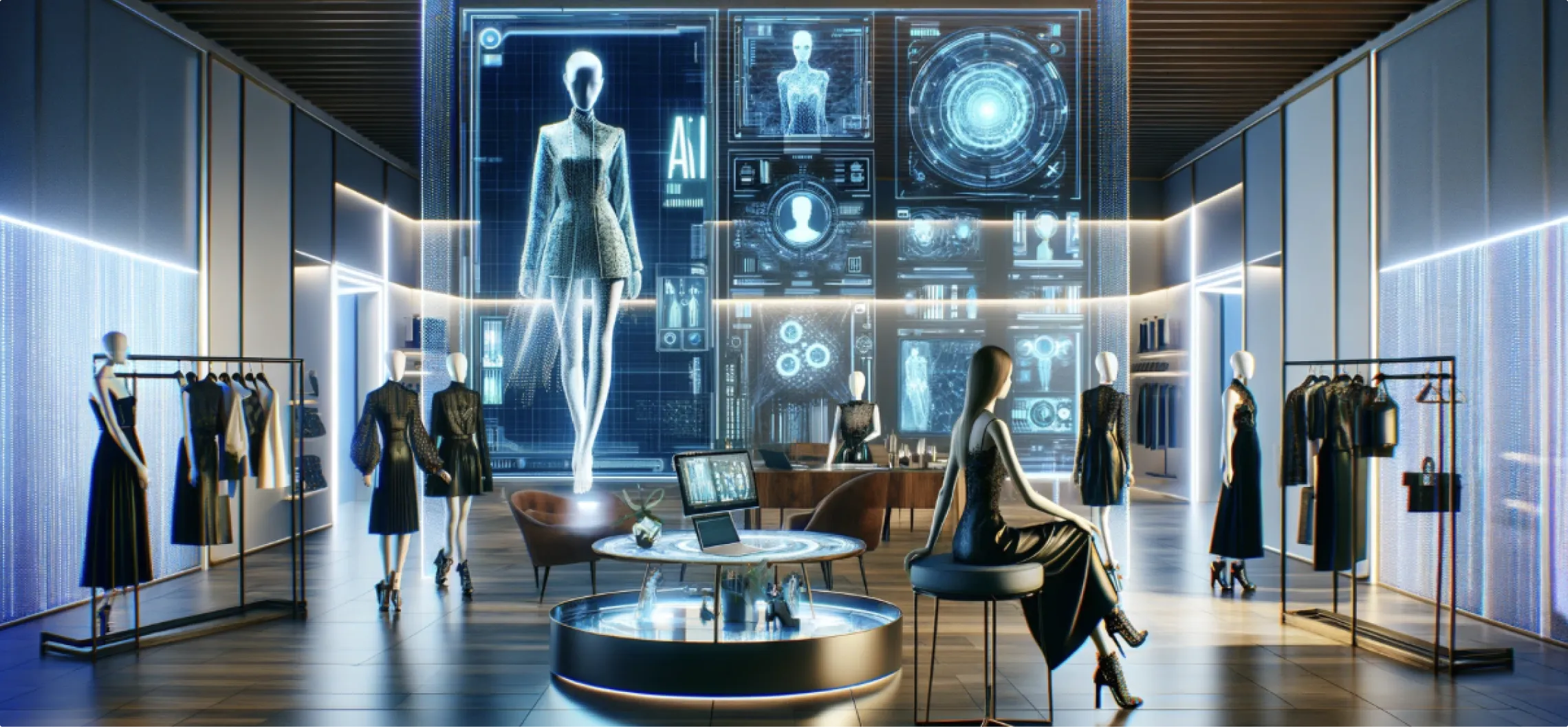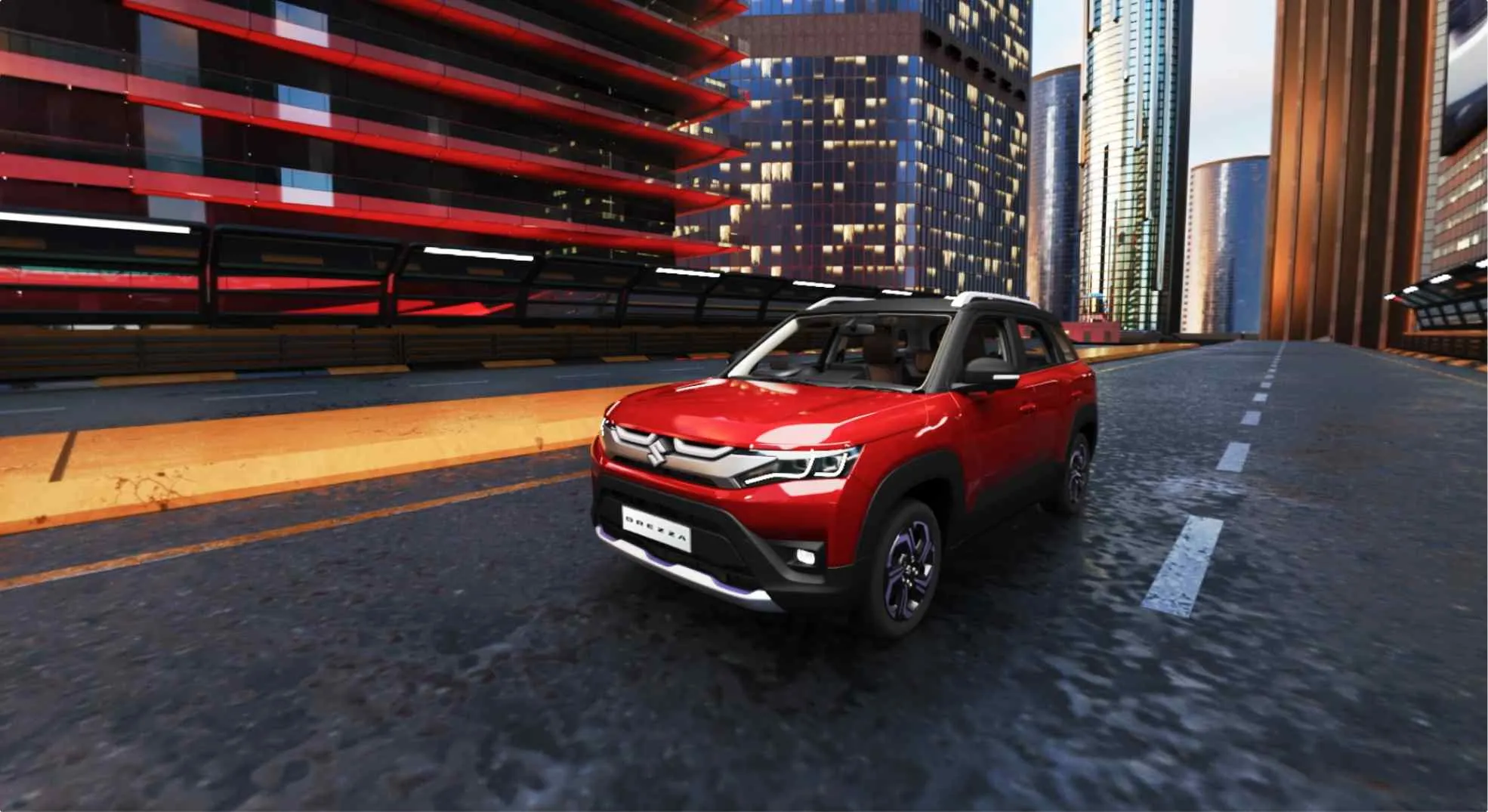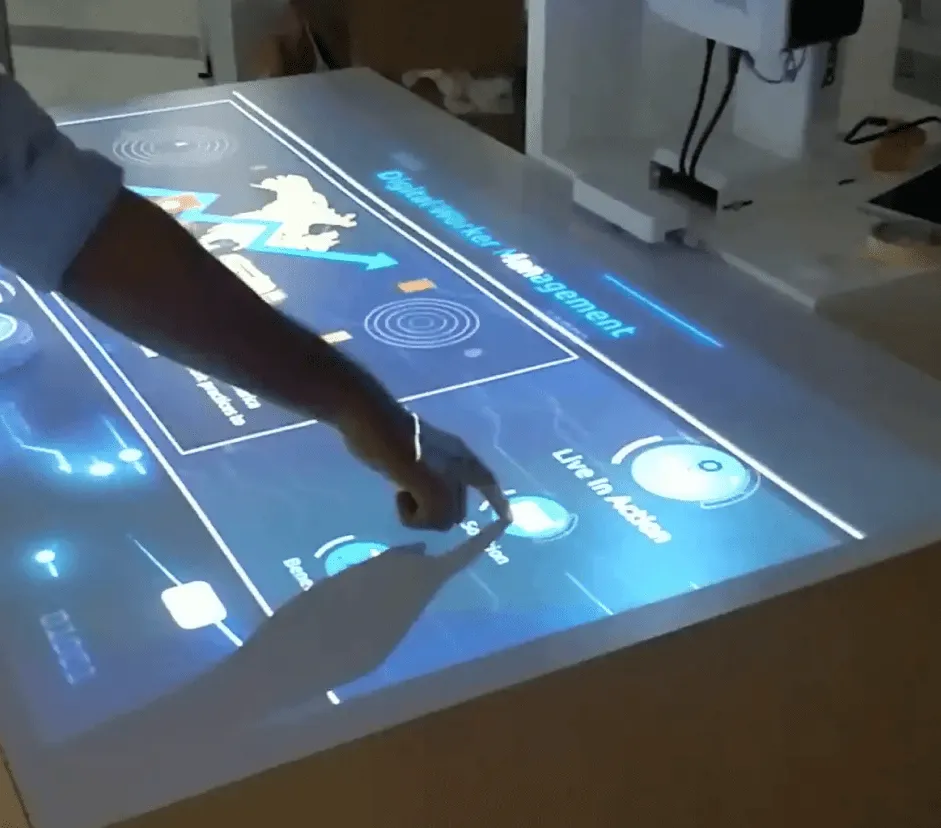Exploring VR Technology in the Automotive Industry

Introduction to VR Technology
Virtual reality (VR) technology has advanced quickly, changing several industries including gaming and entertainment. VR is changing how cars are sold, developed, and driven by consumers in the automobile industry.
Benefits of VR in the Automotive Sector
For automotive businesses, virtual reality (VR) is revolutionary because it provides unparalleled advantages in design, development, and improving the production process as a whole. Designers can develop and see automobiles in a virtual environment, which speeds up the designing process and greatly reduces expenses.
Current Applications of VR in Automotive
VR has a wide range of uses in the modern car industry. Customers may experience cars virtually through test drives and virtual showrooms, which increases convenience and expands the market. Additionally, VR is essential for worker safety and training, which guarantees a more efficient workforce.
Consumer Adoption and Impact
The integration of VR in the automotive sector influences consumer expectations and purchasing decisions. As customers seek more interactive and personalized experiences, VR serves as a catalyst in influencing their choices, thereby transforming the buying process.
VR Technology and Sustainability
Beyond innovation, VR contributes to sustainability in the automotive industry. It aids in reducing the environmental impact by optimizing manufacturing processes, promoting sustainable design practices, and enhancing overall efficiency.
Collaborations and Industry Trends
Innovative advances are made possible by partnerships between IT businesses and automobile manufacturers. Emerging trends indicate a move toward more interactive and immersive experiences, indicating a revolution in the car industry.
Conclusion
VR technology is a significant shift in the automotive industry, revolutionizing design processes and influencing consumer choices, making it crucial for companies to remain competitive and drive innovation.
Contact Us Now:
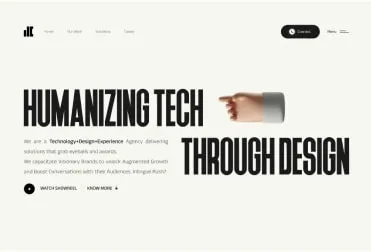
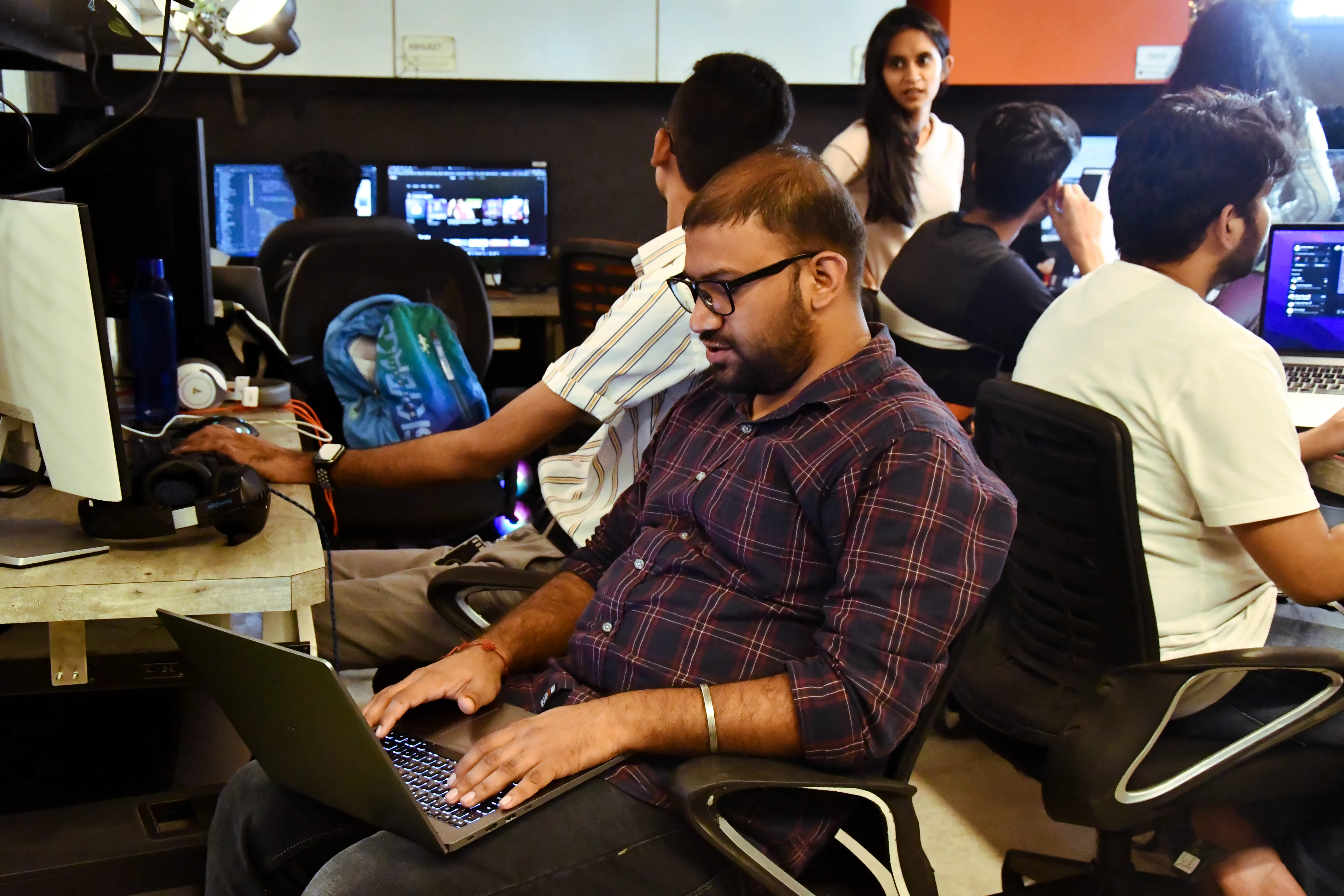
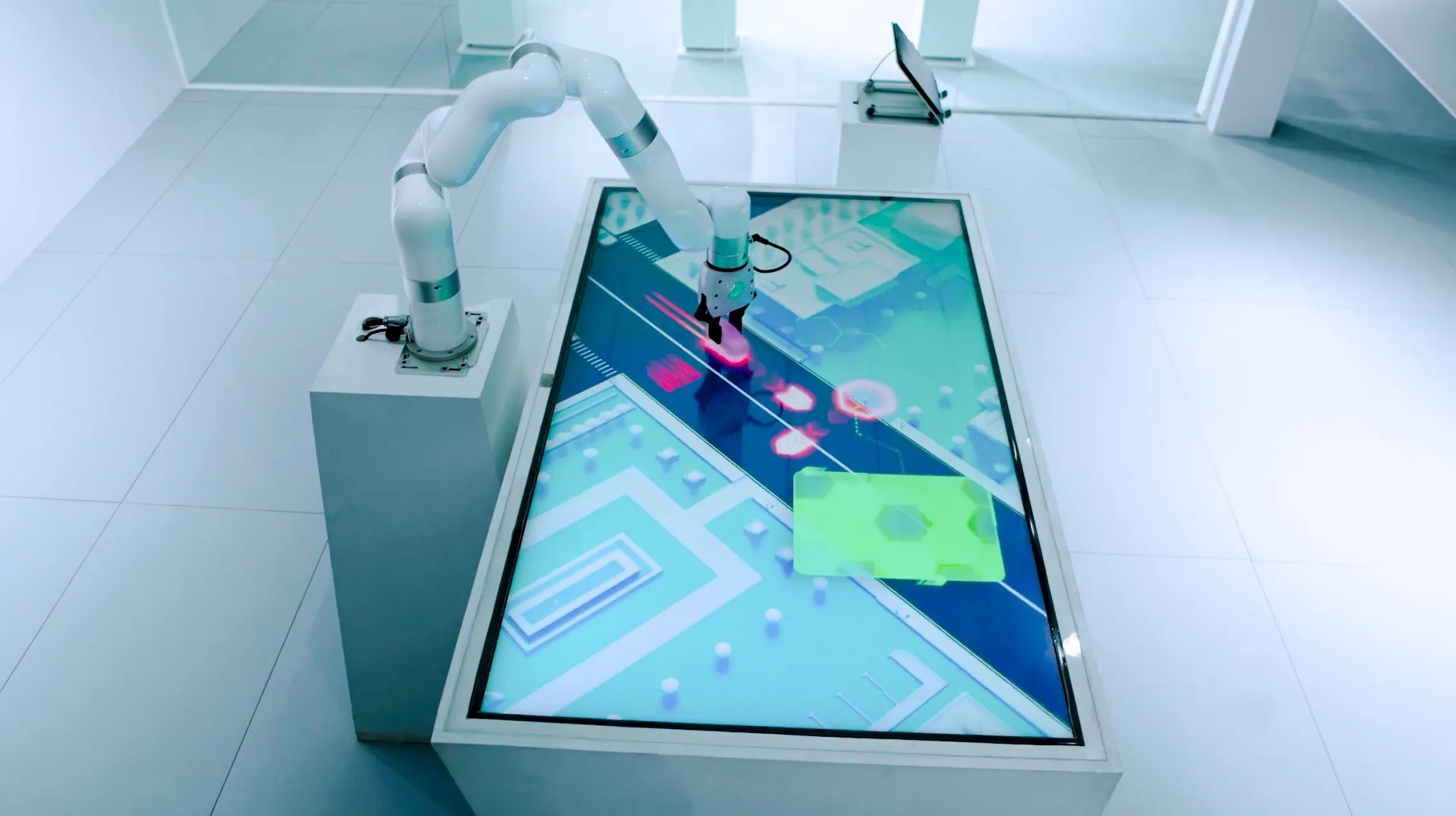
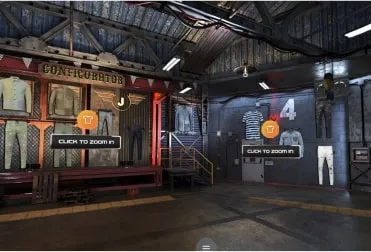
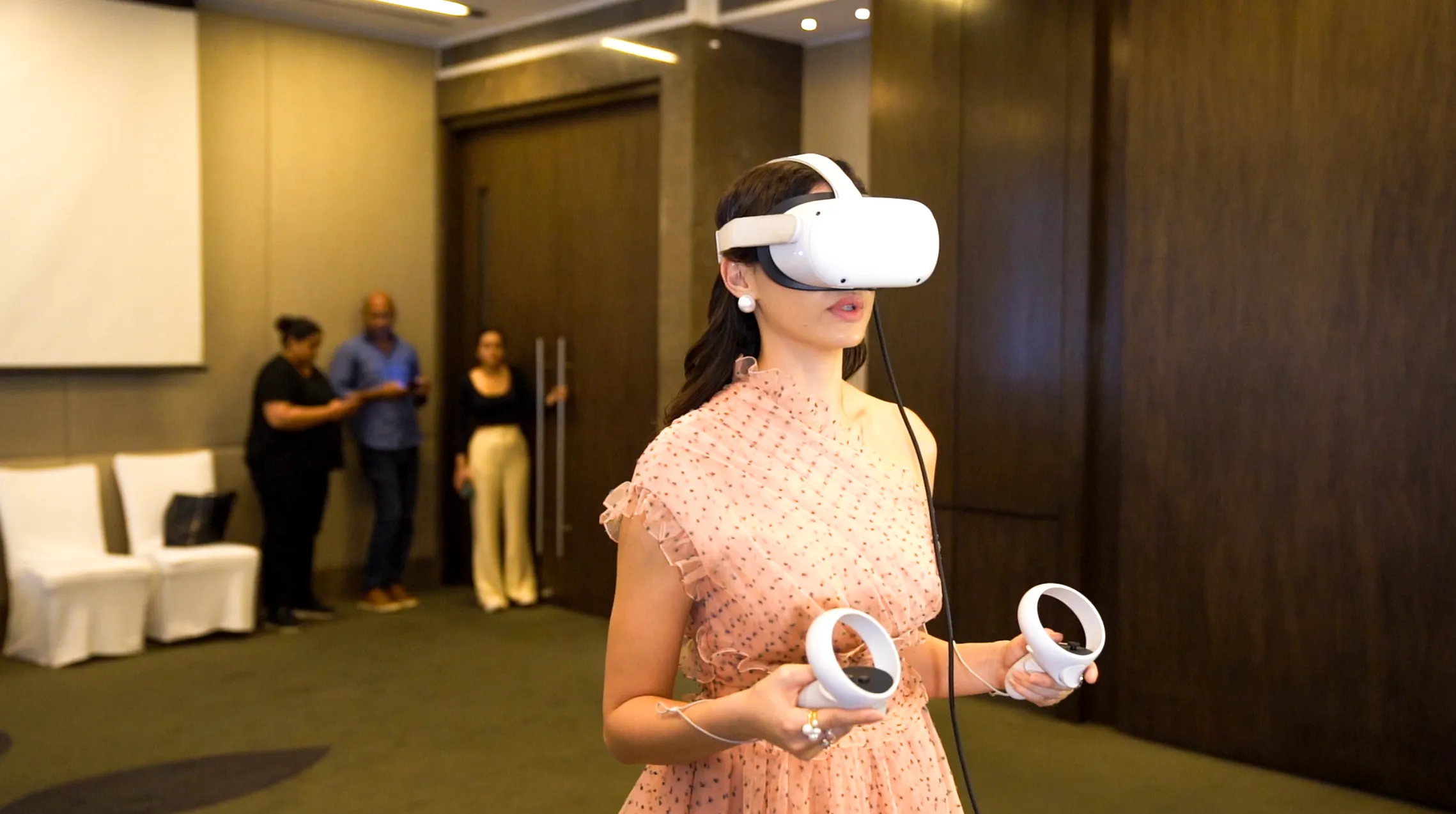
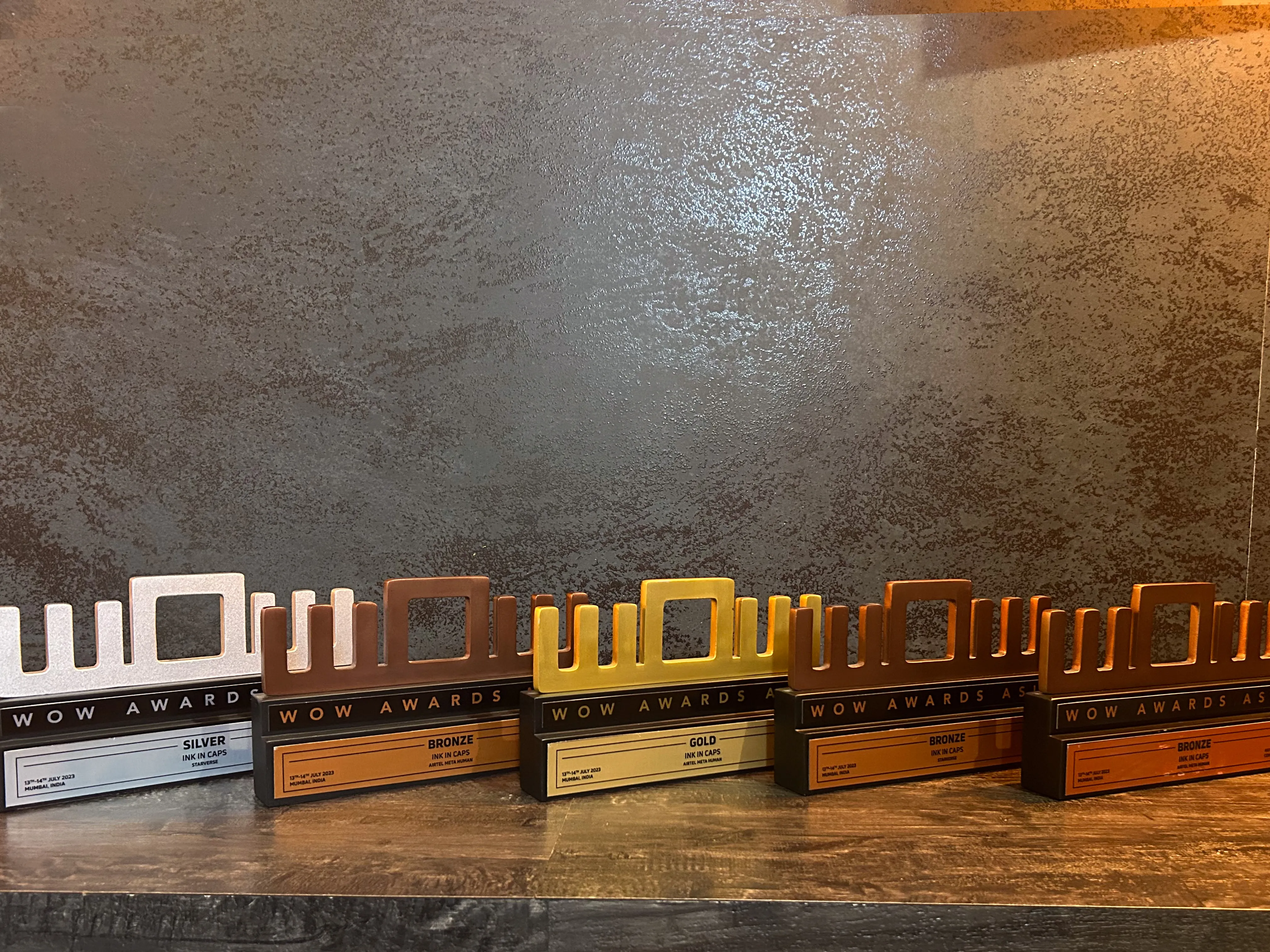
.CNhas5IL_ZqBJiz.webp)


